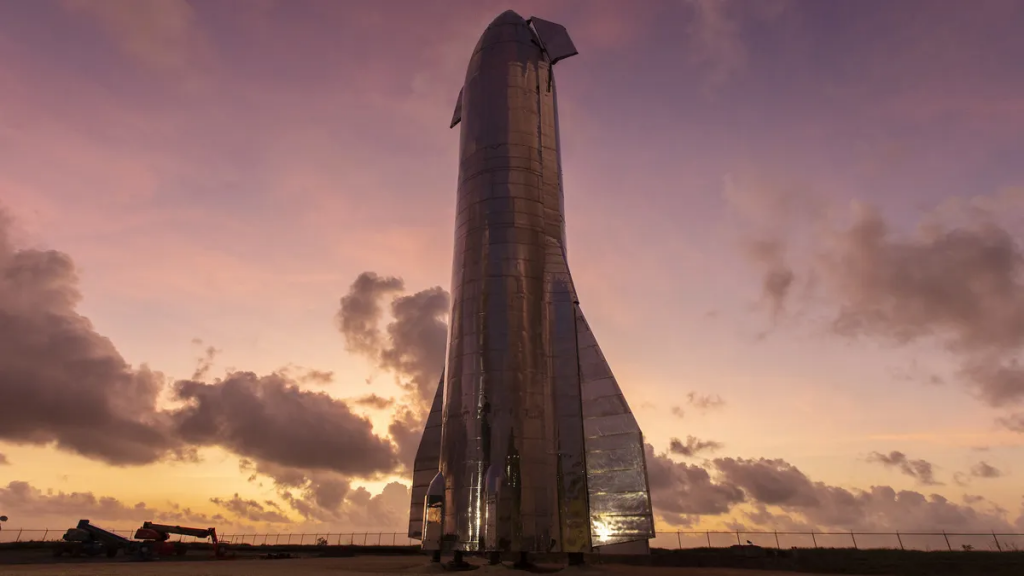SpaceX is preparing for a significant test of its massive rocket, designed for commercial launches and Elon Musk’s long-desired Mars excursions.
The company engineers are preparing for the first orbital flight of Starship, the towering rocket system the company has been developing for years.
According to a regulatory filing, the initial test voyage would last about 90 minutes and begin with a blazing burst of the ship’s booster over the Gulf of Mexico. If this succeeds, it will either cut the cost of space travel or become a new money pit for Musk.
The first orbital flight of Starship has no set launch date. Elon Musk and President Gwynne Shotwell stated deadlines that had already been missed several times.

With regard to Starship, the space company is utilizing its next-gen Raptor engines, several of which have recently undergone static fire tests on the Super Heavy prototype and the Starship’s first stage. Both of these will most likely be employed for the orbital launch.
Starship is taller than NASA’s SLS rocket when fully stacked. In its current configuration, the SLS can generate 9.5 million pounds of thrust, making it the world’s most powerful rocket. However, according to SpaceX, the Starship is almost twice as powerful as its adversary, producing around 17 million pounds of thrust – a quantity that no future SLS variation could even match.

So, if all goes as planned and Starship launches successfully, SLS’s claim as “the most powerful rocket in the world” would become unbeatable.
The incredible strength of Starship makes it the most powerful rocket to ever blast into space, surpassing the thrust produced by the Saturn V rockets used during the Apollo lunar missions decades ago.
Although Starship is close to being operational, there is no certainty that the orbital test flight will be accomplished.
“There’s a lot of risks associated with this first launch, so I would not say that it is likely to be successful, but I think we’ll make a lot of progress,” Musk explained last year during a National Academies of Sciences, Engineering, and Medicine panel.
Throughout the research and testing of their rockets, SpaceX always plans for hiccups and gathers information to use if need be.

“it’s better to lose them now than to lose them because you left data on the table because you were too scared to have a failure in public during the development phase,” said Abhi Tripathi, a former director at SpaceX.
“Risk-taking as long as it is safe to personnel and property is strongly encouraged at SpaceX,” he noted.


